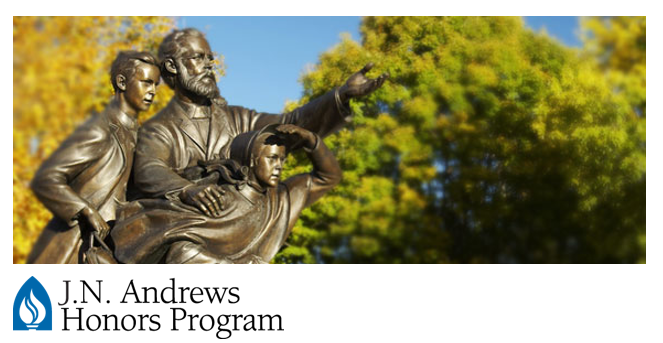Date of Award
2014
Document Type
Honors Thesis
Department
Biology
First Advisor
H. Thomas Goodwin
Second Advisor
Stephen G. Dunbar
Abstract
The hawksbill turtle (Eretmochelys imbricata) is a critically endangered species. Hence, various conservation efforts by groups such as ProTECTOR are taking place to stabilize its population. To support such efforts, my study focused on the turtle population in and around the island of Utila, Honduras. Specifically, I sought to determine if various densities of plastic pollution had an effect on crawling times during the migration of hawksbill turtle hatchlings from nest to water. A reduction in crawling time could increase predation time and cause the hatchling to expend additional energy before they reach the ocean. We constructed four experimental corridors (approximately 8 m in length) with varying densities of pollution and recorded hatchling crawling time from start to finish (10 hatchlings/corridor). Crawling rates differed significantly across corridors (Kruskal-Wallis H test). In addition, a potential baseline pattern of turtle abundance at dive locations around the island was observed through a survey of turtle sightings and mapped using ArcGIS to determine any patterns of distribution.
Recommended Citation
Sung, Kyungje, "Effects of Plastic Pollution Density on the Crawling Rates of Hawksbill Hatchlings in Utila, Honduras" (2014). Honors Theses. 81.
https://dx.doi.org/10.32597/honors/81/
https://digitalcommons.andrews.edu/honors/81
Subject Area
Hawksbill turtle--Effect of pollution on., Eretmochelys--Effect of pollution on., Turtles--Honduras--Utila., Hawksbill turtle--Honduras--Utila., Crawling and creeping., Plastic scrap.
Presentation Record URL
Creative Commons License

This work is licensed under a Creative Commons Attribution-No Derivative Works 4.0 International License.
DOI
https://dx.doi.org/10.32597/honors/81/



